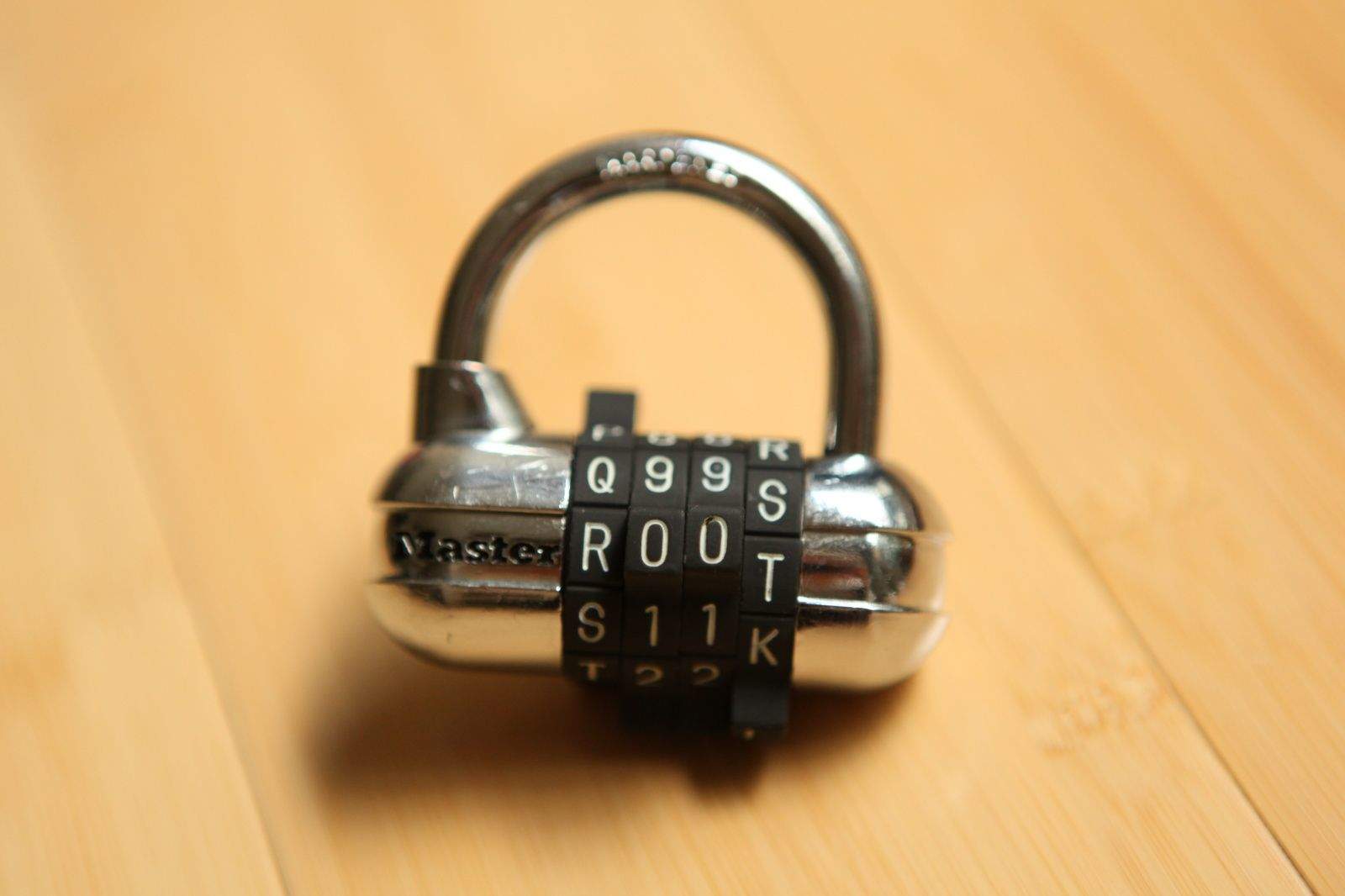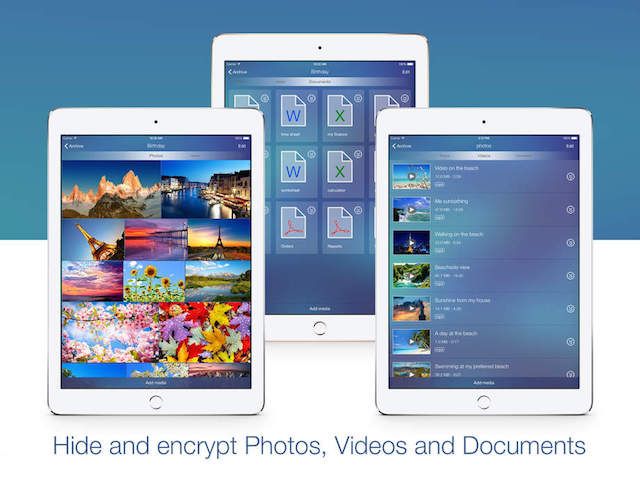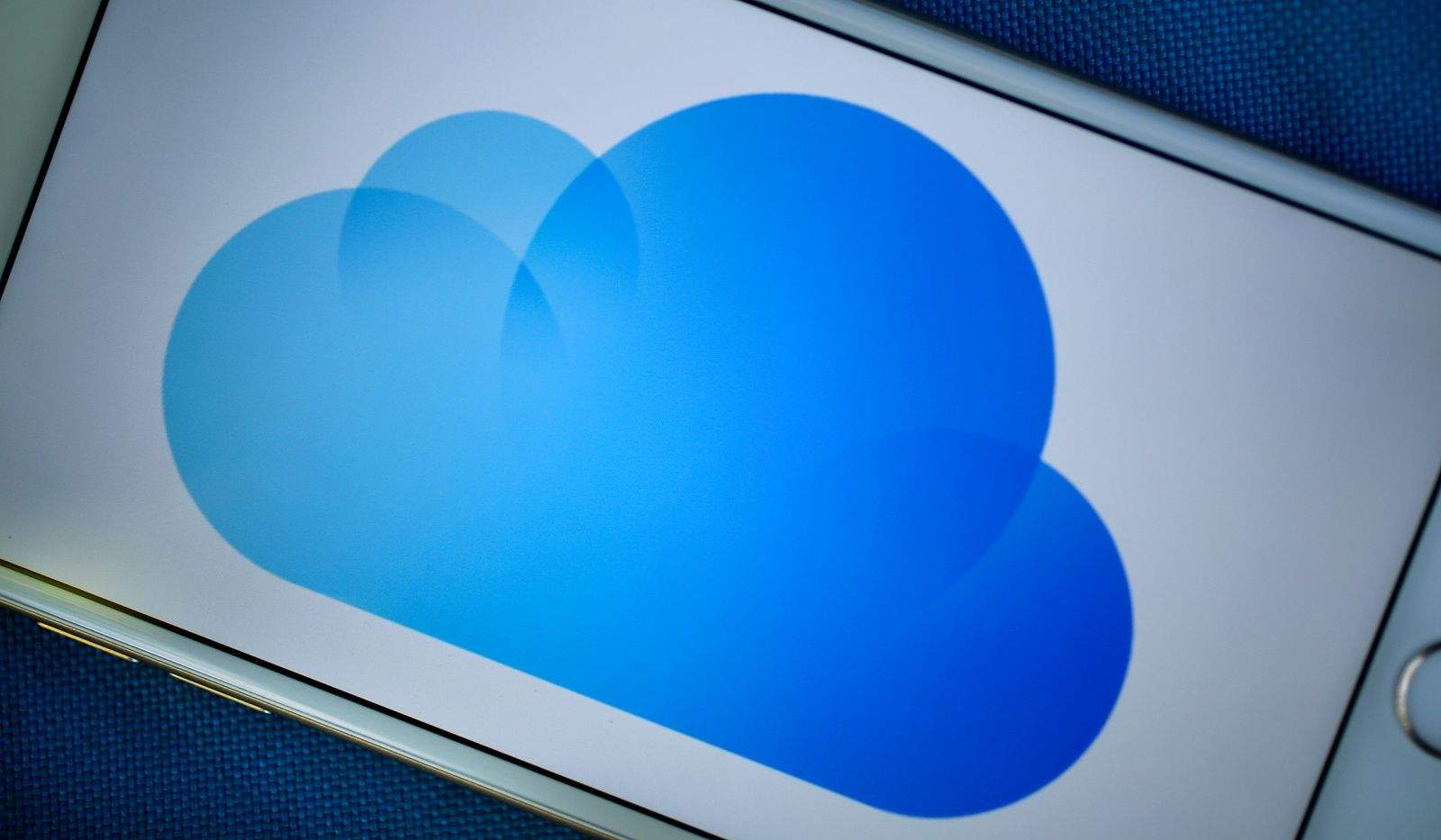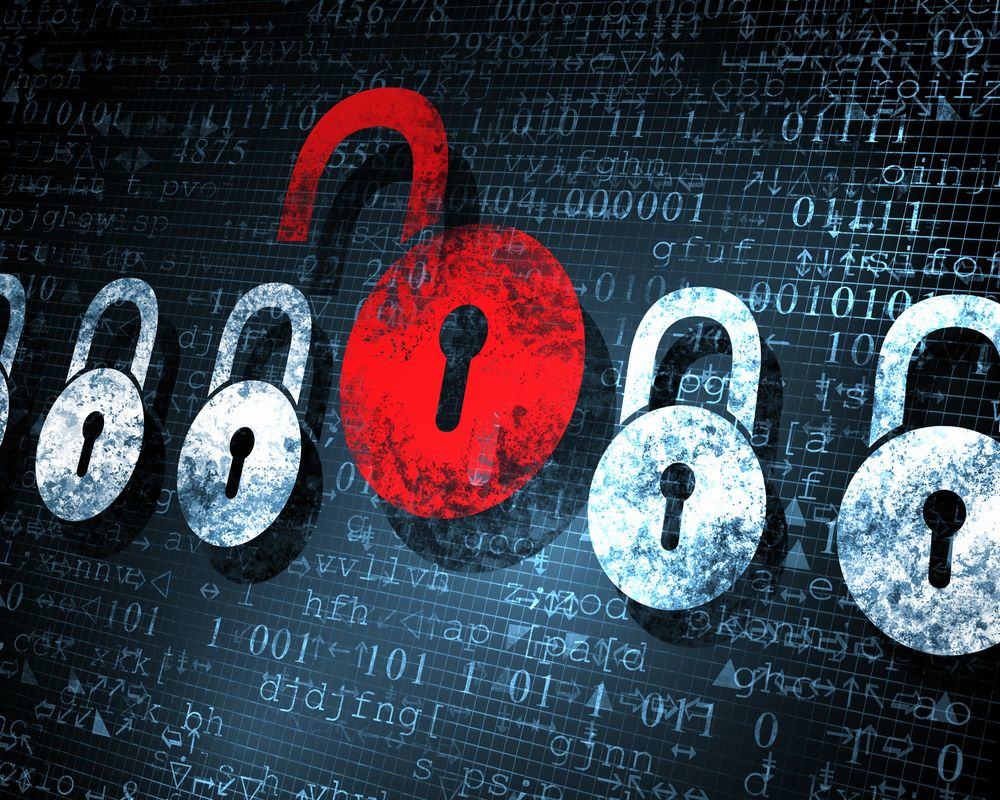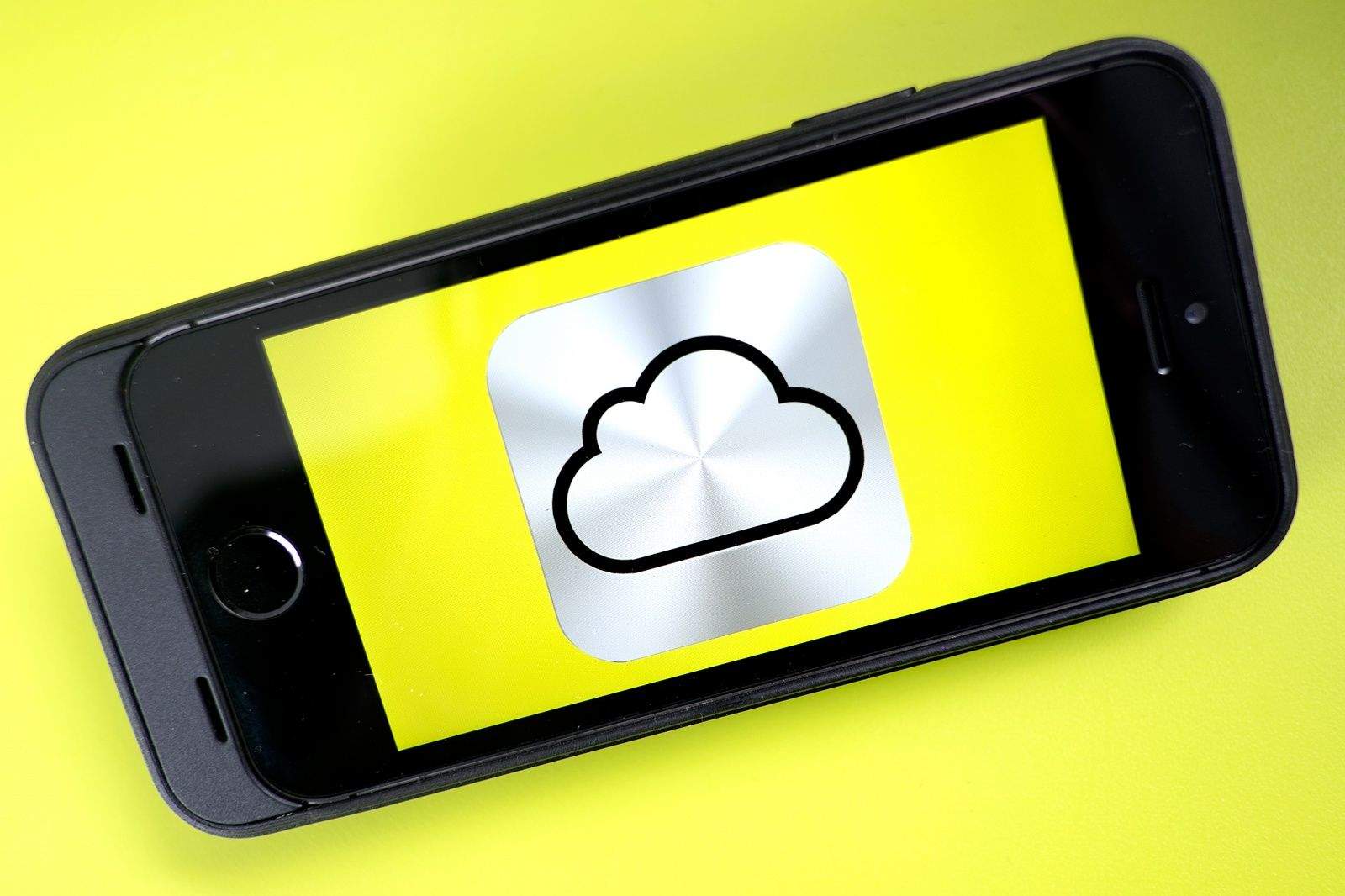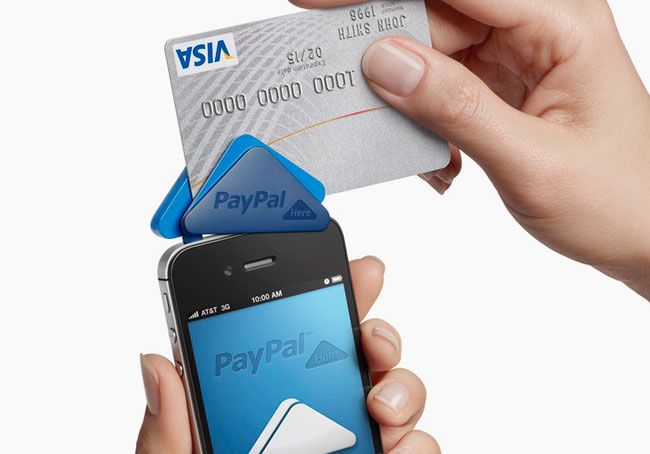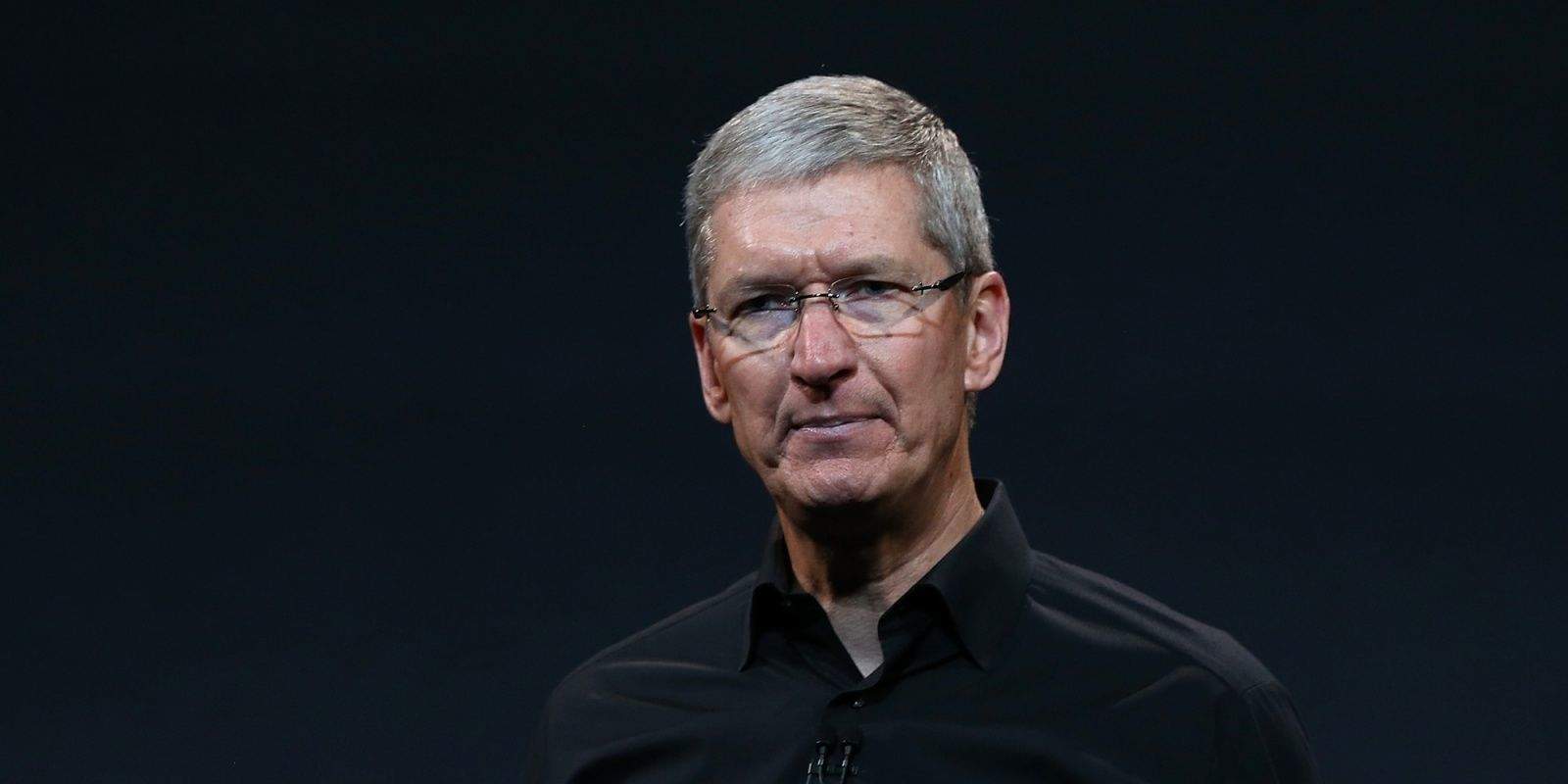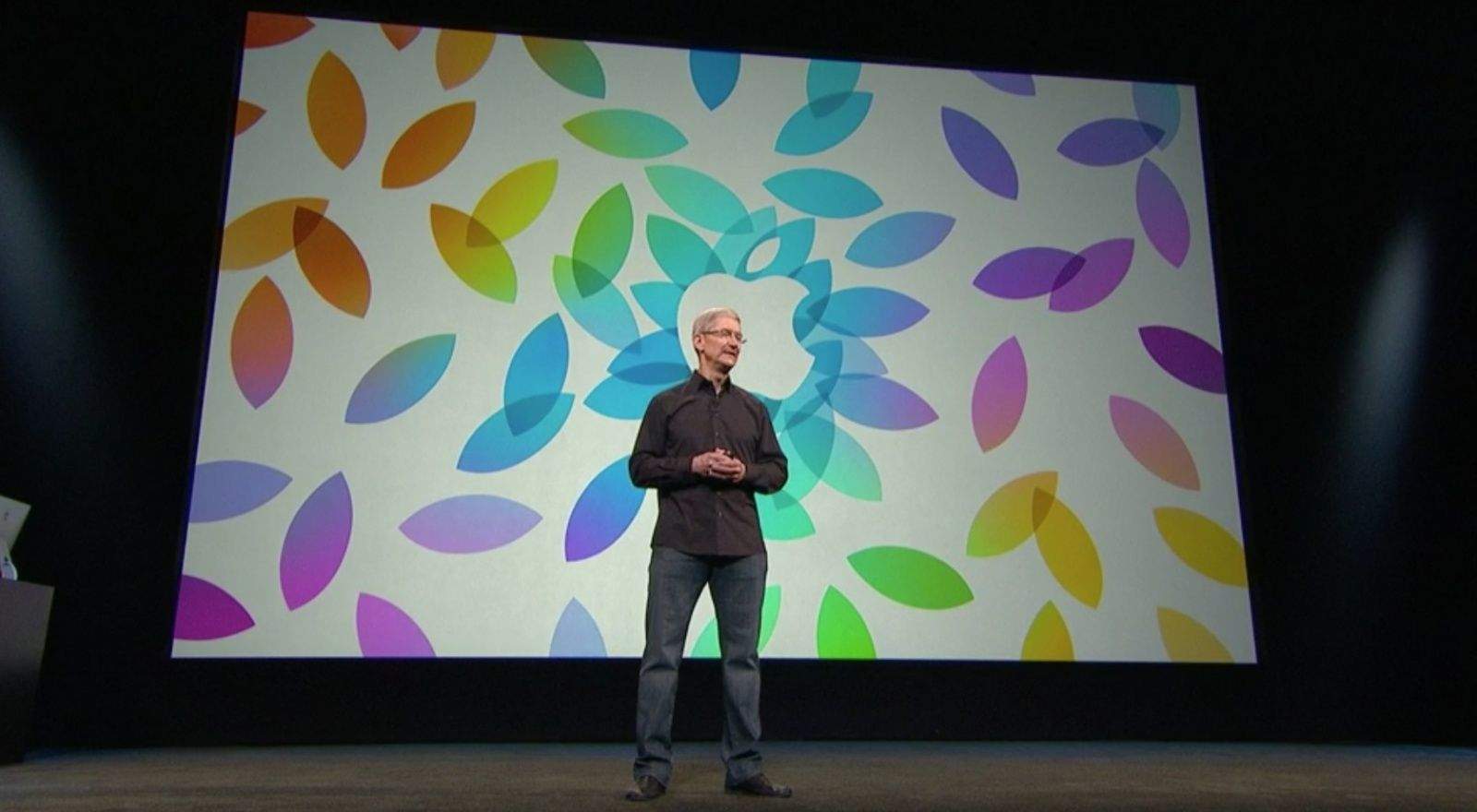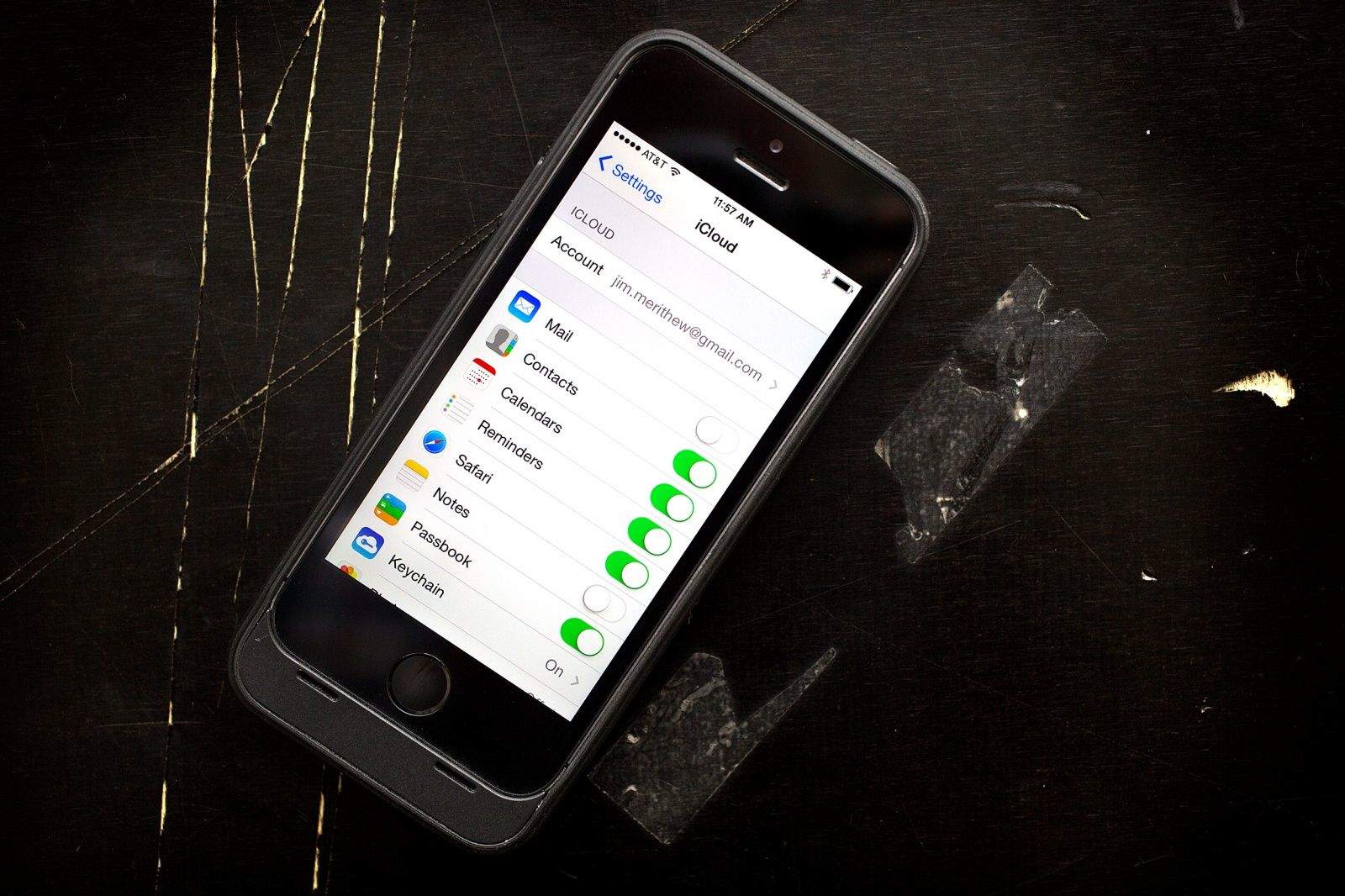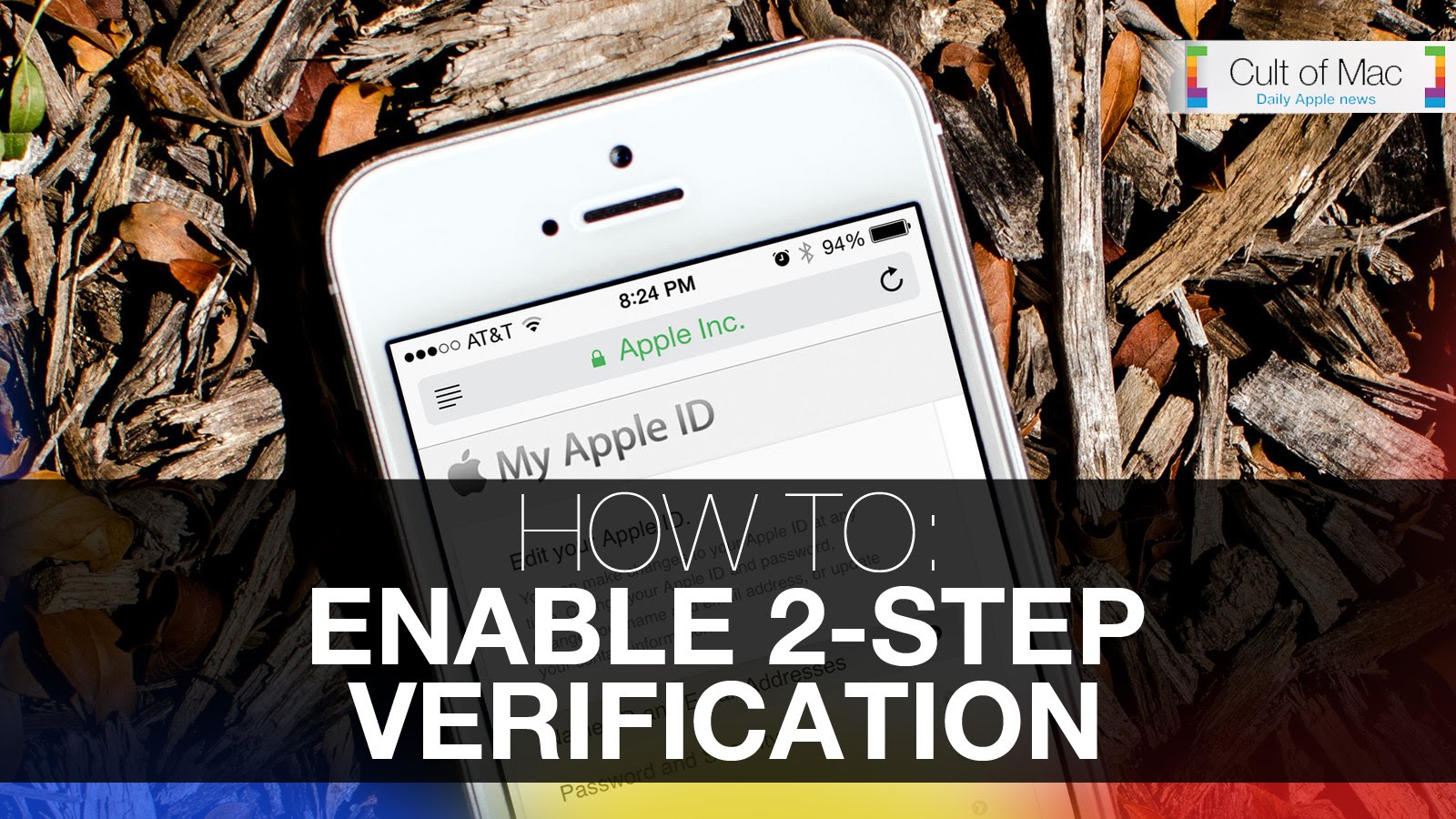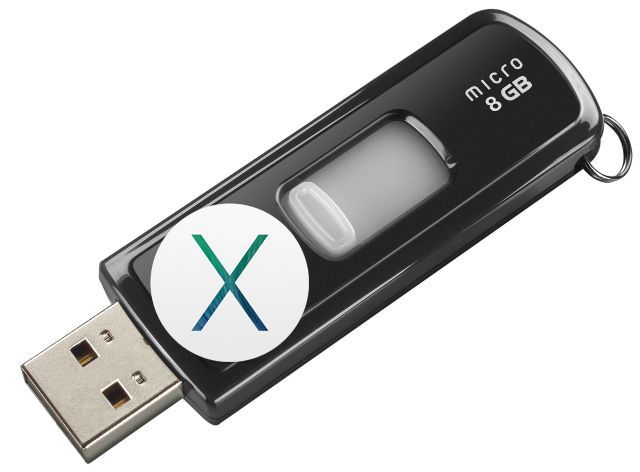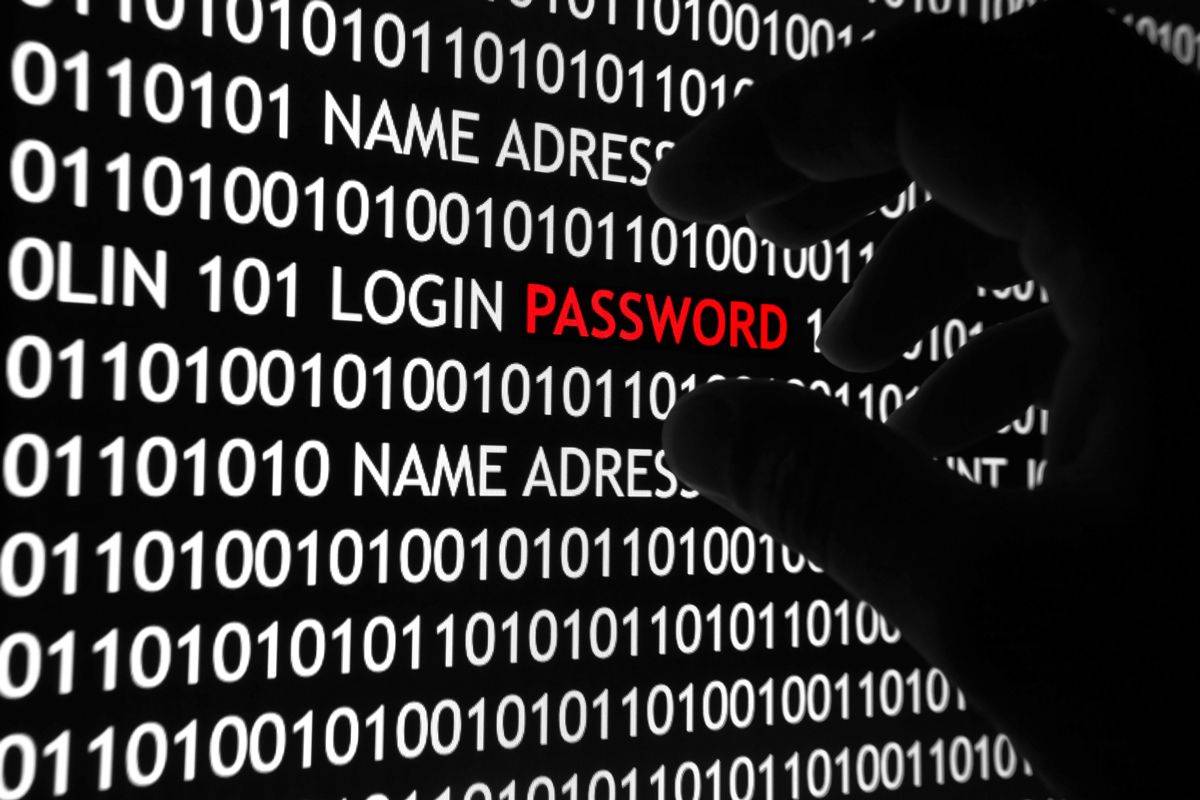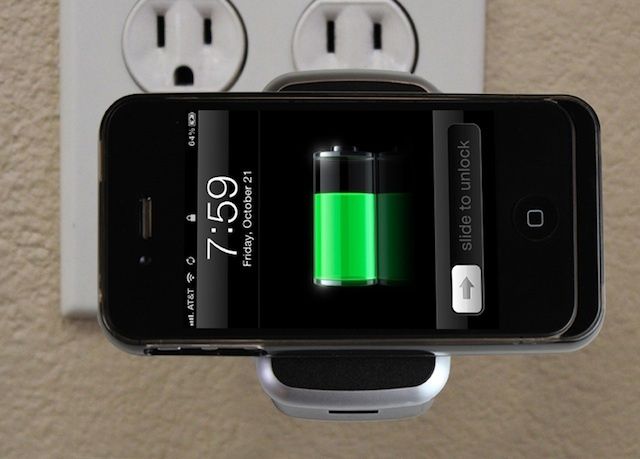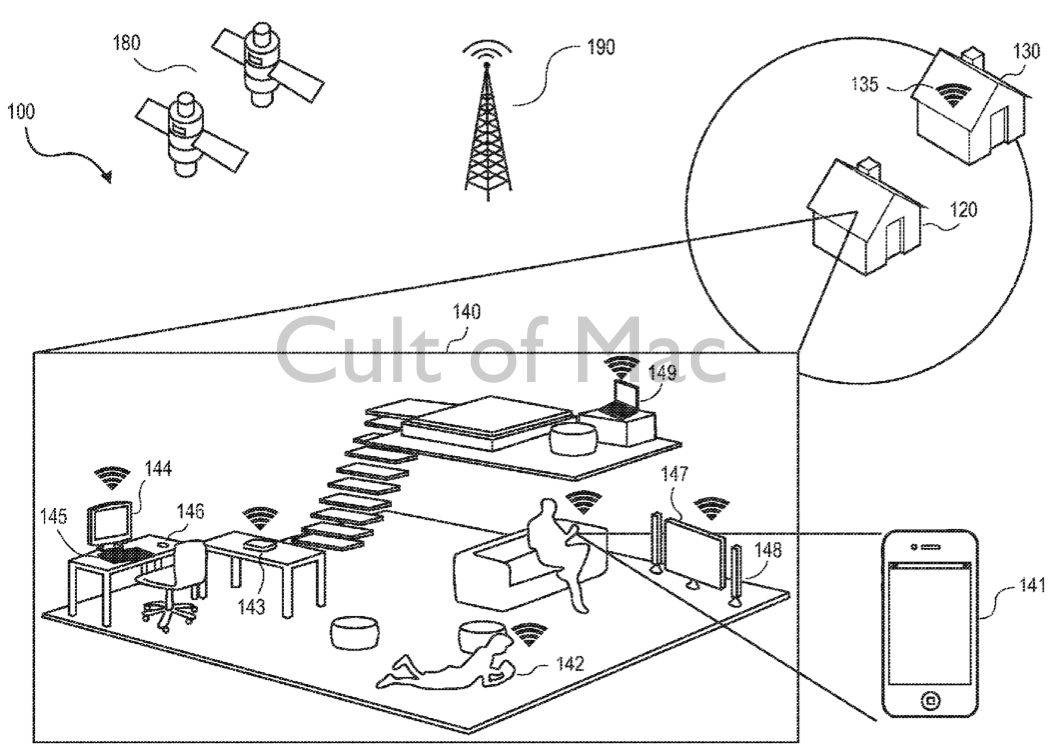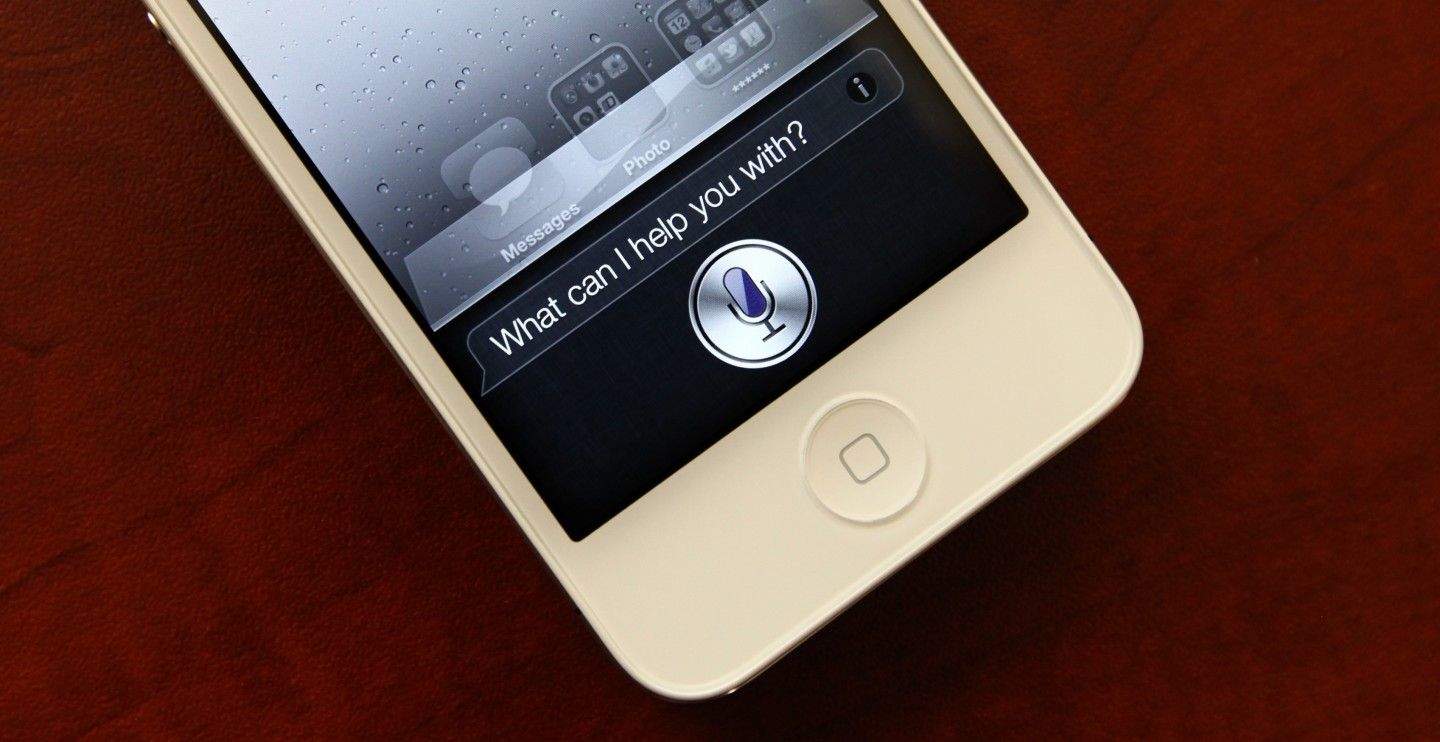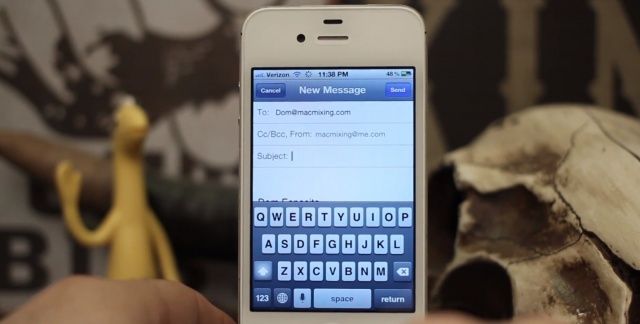We all make compromises daily when it comes to online security. Everybody wants to be safe and secure when making purchases online, but practically none of us do everything necessary to keep our data secure.
“People, myself included, are basically lazy,” web developer Joe Tortuga told Cult of Mac, “and ease of use is inversely related to security. If it’s too difficult, then people just won’t do it.”
With all the recent hacks into private as well as corporate data — like the credit card grab from Home Depot and the hack into Sony’s files, there’s no better time to learn some of the things we all can do to protect ourselves. We spoke to some online security experts to get their advice.
